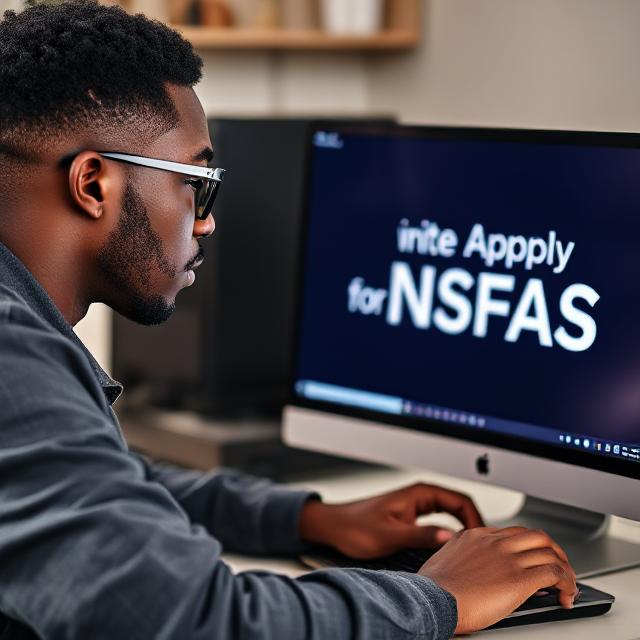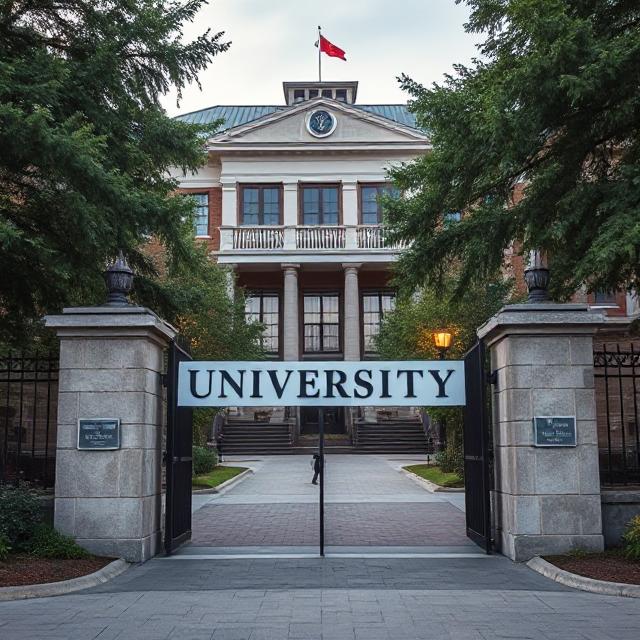Student Loans for South African Students
On this post we will navigate the topic of student loans, what they are and where to apply. So, read more to get all the info you need before you consider applying for student loans.
Student loans offer a viable solution to help cover tuition fees and associated costs. Firstly, let’s start by answering the question ‘what are student loans?’

What are Student Loans?
These are financial products designed to help students fund their education. These loans are typically offered by financial institutions such as banks and some governmental entities such as the National Student Financial Aid Scheme (NSFAS). They provide the necessary financial support for tuition fees, textbooks, and other educational expenses, allowing students to focus on their studies rather than financial burdens.
Where to Apply for Student Loans
South African students can apply for student loans through various financial institutions, including:
- Major banks
- Accredited loan providers
- Specialized education loan providers
- Government-backed loan programs
Each institution may have different application processes and terms, so it is advisable to compare their offerings before you apply.
Requirements to Qualify for These Loans
To qualify for student loans, applicants typically need to meet certain criteria, which may include:
- Proof of South African citizenship or permanent residency
- Enrollment in an accredited educational institution
- A minimum academic record
- A guarantor or co-signer, especially for those without a credit history
- Documentation of financial need
Additional requirements may vary depending on the lender, so it is essential to check with the specific institution. That is, each institution may have criterion that is slightly different from another.
Institutions Offering Study Loans
Several institutions provide study loans to South African students. Most common ones include:
- National Student Financial Aid Scheme (NSFAS): This government program offers financial assistance to eligible students attending public universities, universities of technology and TVET colleges.
- Private Banks: Institutions like Capitec Bank, Nedbank, Standard Bank, ABSA, Old Mutual and others have specific student loan offerings that cater to different needs.
- Education-focused Financial Institutions: Companies that specialize in student financing often provide tailored loans with competitive rates. Fundi is one exaple of such institutions.

How to Apply for NSFAS
How to Repay Them Back
Repayment of student loans for some institutions typically begins after the student has completed their studies or has reached a certain grace period. Most lenders provide flexible repayment plans, which may include:
- Monthly payments over a specified period
- Deferred payments while pursuing further education
- Options for early repayment without penalties
Some institutions will also give you 12 months grace period after completing your studies, then you can start with your repayments.
Do They Fund Both Public and Private Facilities?
Yes, many student loans in South Africa can fund both public and private educational institutions. However, policies may vary among lenders, with some preferring to fund only accredited public universities and colleges. For example, NSFAS only fund student in public facilities not those in private institutions.

Do They Cover Accommodation?
These loans may cover accommodation costs, but this often depends on the lender and the specific loan agreement. Some financial institutions specifically include allowances for living expenses, while others may limit funding to tuition and fees. It’s advisable for students to clarify these details as they prepare their loan applications.
In Conclussion
Student loan facilities play a crucial role in making higher education accessible to many South African students. They provide essential financial support, allowing students to focus on their studies without the overwhelming stress of upfront costs. By understanding the options available and the terms associated with them, students can make informed decisions about their education financing.
In a nutshell, these facilities serve as a significant resource for aspiring learners, enabling them to invest in their futures and achieve their academic goals.
